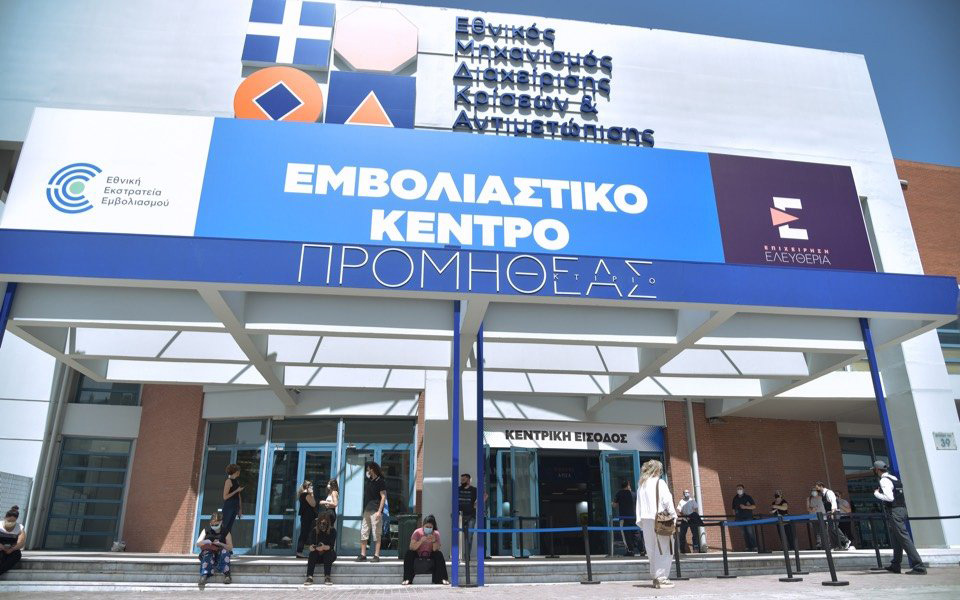The pandemic is a global challenge on many levels: health, economic, social and technological. The response to it turned accordingly to the country’s human and material resources. At the same time, it has highlighted aspects of our country that have distinguished us internationally.
It has been said many times, and it is being proven every day, that the pandemic has made the pending digital transformation a necessity. The Greek state had to continue to operate in very difficult conditions and to serve citizens and businesses remotely and safely.
In this context, we accelerated the implementation of Gov.gr, the Unified Digital Portal of the State, initially with 501 digital services. Now, we have exceeded 1,150 digital services, while 94 million digital transactions took place in 2020. Citizens, professionals and businesses now have a number of digital tools at hand, such as authorizations and statements of responsibility, paperless prescriptions, teleconferencing with public services and a platform for transactions with the Land Registry, which prove that with small daily interventions the state can change.
At the same time, we advocated the design of a fully digital and primarily fully functional vaccination booking system. From the booking of appointments to the issuance of the vaccination certificate, some of the issues that people encountered in other countries – even in countries that until today were understood as digitally more advanced than our own – were not observed in Greece.
The contribution of the digital transformation to the vaccination campaign is obvious, and this is reflected in the fact that the process can be completed without inconveniencing citizens, while the vaccination chain is working perfectly well. There is, however, a deeper, and perhaps even more substantial, contribution.
The Eleftheria (Freedom) national vaccination campaign, where digital technologies meet the knowledge and the smiles of our healthcare system professionals, sends a concise message to citizens: that this is how we understand the role of the state in 2021. And that this message is not just rhetorical, but accompanied by action in the field, foreshadowing a series of interventions and reforms that will follow.

© Giorgos Zachos/InTime News
We are now at the point which Prime Minister Kyriakos Mitsotakis described as the “last mile” of the pandemic. Last week, we managed to exceed 100,000 vaccinations a day. Already, 4 million citizens have either been vaccinated or scheduled their appointments on the platform emvolio.gov.gr, building the necessary “wall of immunity” to transition to normalcy.
Our focus has now shifted to the next day. The government has drawn up a very ambitious program of projects and actions for the near future, which is codified in the “Greece 2.0” plan. The approach includes a series of interventions and investments in multiple sectors, with particular emphasis on the green and digital transitions, with the latter accounting for over 20% of the overall recovery fund package.
In the context of a very busy schedule, the digital projects that have been planned for the coming years in particular represent a major change in quality. This change concerns not only the final settlement of the dozens of past issues and the coverage of any gaps that sometimes separate us from other countries, but also the development of know-how and comparative advantages in areas that touch on the Fourth Industrial Revolution, which is already here, and that we have every opportunity to achieve.
The big challenge in the immediate post-pandemic era is not a purely technical one; it is also deeply political. After a decade of economic crisis and going through the second year of a pandemic, unlike most states that are claiming the recovery of their economies, as a country, we are called upon to achieve something distinct: the transformation of state and economy.
The perspective of the interventions of the next period targets especially young Greek women and young Greeks in general – those, that is, who will be called upon in the coming years to take the helm of the country. Our mission and duty is to equip ourselves with the right tools, liberating all the country’s significant possibilities – possibilities that ultimately belong to these young Greeks and are mirrored in them.
This article was first published on ekathimerini.com.












